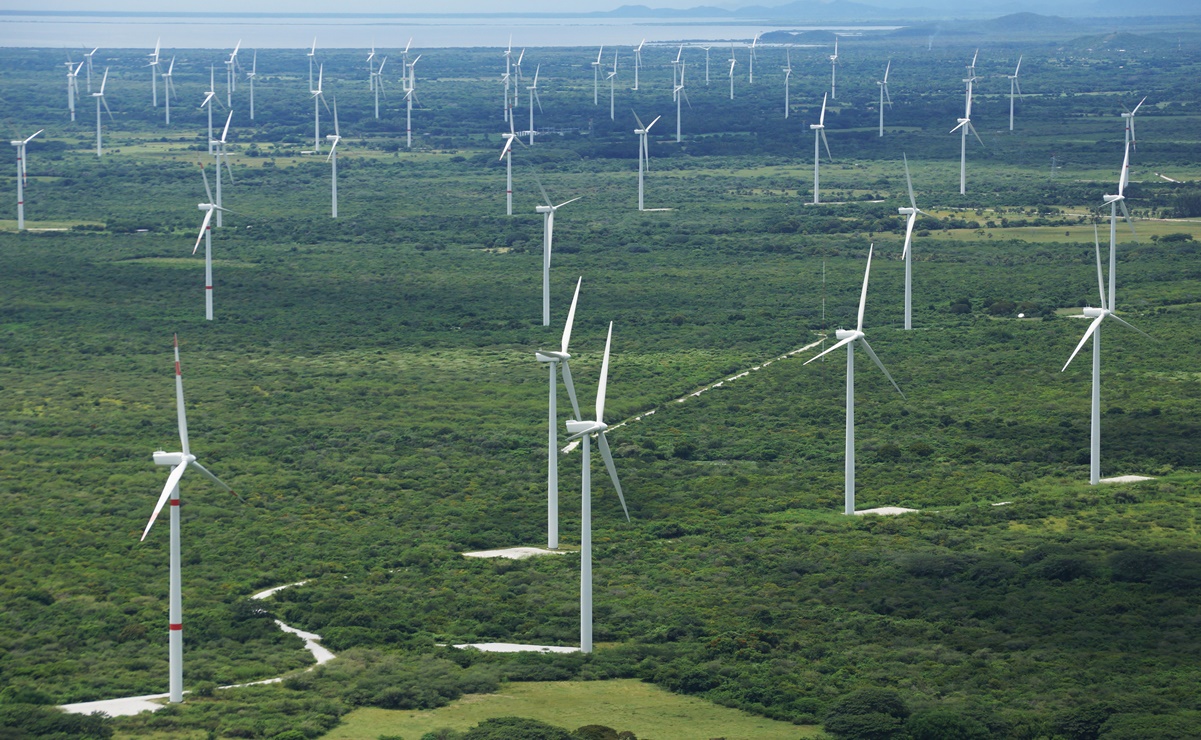
the qualifier Fitch Ratings notice the changes to the Electricity Industry Act promoted by the president Andrés Manuel López Obrador could negatively affect private renewable energy and thermal power plants, as well as independent power producers or generators that were granted bilateral power purchase agreements, inherited from the Federal Electricity Commission (CFE) .
Fitch Ratings added that the Public Electricity Service Act of 1992 could also be affected.
He detailed that projects with highly leveraged capital structures exposed to clearance, reduction, or merchant risks are particularly vulnerable to revenue pressures.
Therefore, he said it is possible to expect the bill “in the face of legal challenges in accordance with Mexican constitutional and legal principles, such as antitrust laws, legal certainty and non-retroactivity of the law and protections of international treaties.”
Also read: The US demands transparency in electricity reform
“The lawsuits may prevent the bill from coming into force,” Fitch Ratings stressed.
He has considered the new bill “Reverses deregulation of energy market and further weakens the reliability of the network by giving priority to dispatching CFE’s older, more expensive and less efficient power plants over newer plants operated by the private sector. ”
In a statement, the qualifier said that while regulations have yet to be codified, cash price volatility is expected to intensify as CFE plants exceed the system supply by allocating its marginal costs outside the economic merit curve, likely shifting the demand curve and exerting downward pressure on spot prices.
That is, he added, the incremental operating costs of the state-owned power company should be covered by additional system charges, “tariff increases for end users or forcing the federal government to subsidize deficit CFE tariffs.” .
Also read: “Electrical reform is a setback for the sector”
He also stressed that due to its location in a very congested region, the new law would aggravate the existing reduction risk for wind farms Oaxaca Dos, CE Oaxaca Cuatro.
Projects are also exposed to a possible renegotiation or termination of the contract, especially because the prices of bilateral agreements energy purchases are well above current spot prices.
Renegotiating the contract would require the consent of the bond fork, “otherwise, it would result in a technical default event and a possible acceleration of the debt. Forced termination of the contract is less likely, as CFE would have to pay the plants the present value of all future income, which is expected to be sufficient to pay the outstanding debt. “
He has indicated that there are power purchase contracts with buyers that were awarded after the Energy reform, Such as the FEL Energy VI (Wet Land) project, so they are exposed to a possible renegotiation of the contract.
Some of these projects are located in areas where there are energy deficit, Which makes them less likely to be affected by the risk of reduction.
pipe / lsm